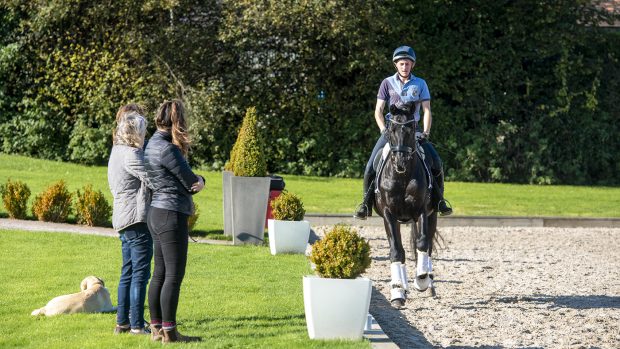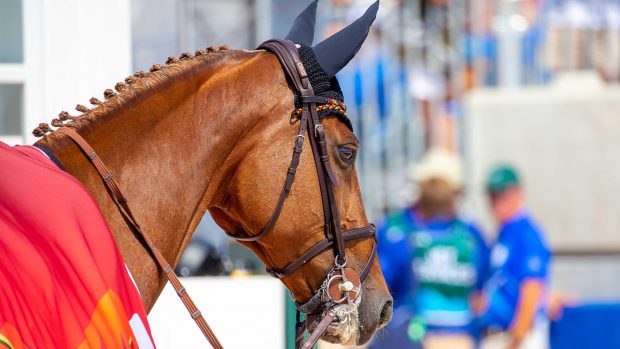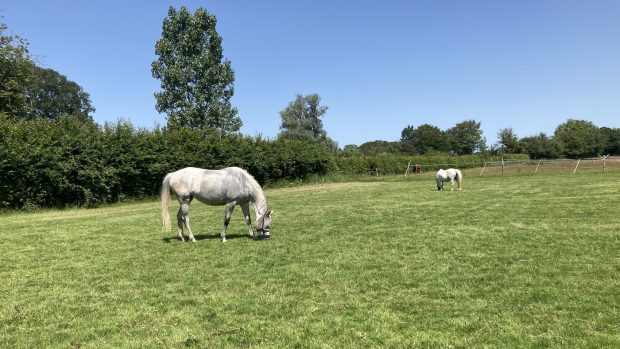Your horse may look a picture, eat well and appear fine when hacking or working gently, but when asked for alittle extra effort, be it in dressage, jumping or a stamina event, he does not live up to your realistic expectations, or even to the level of previous performances.
It pays to spend time getting to know your horse and, if you suspect all isnot well, look first at your management.
Poor perfomance: health check
- Is your horse on the right diet for his level of work?
- Is he wormed regularly?
- Is his bedding, hay and stable ventilation adequate?
- Have his teeth been attended to regularly?
- Is he fit enough for what is required of him?
- Is your riding/training adequate?
- Does he have enough variety in his work eg: hacking, schooling, jumping
- Does his tack fit him properly, particularly his saddle?
- Is he too young or too old for what is being asked of him?
- Is he, or has he been, genuinely overfaced?
- Is he having time to relax at grass regularly?
In some situations, you may have to assume that he has lost his enthusiasm for work and competing.A total change of scenery, a summer out at grass or a season’s hunting can transform him into a willing and able horse again.
In other situations, it may be wise to accept that he needs a completely new, or lesser, role in life.
Typical signs
- Acting “out of character” eg sour and grumpy when groomed or tacked up
- Nappiness; bit evasion
- Refusing at jumps
- Loss of jumping technique
- Reduced ability at dressage eg loss of flexibility and shortening of stride
- Lack of stamina eg suddenly appearing tired during a race or cross-country event
- Lack of speed
- Making an abnormal respiratory noise.
Physical causes
- Any form of musculo-skeletal pain, eg subtle lameness; back pain; inadequate foot balance and shoeing; sharp edges and hooks on teeth – particularly where the bit rests
- Anything affecting the upper respiratory tract (which can disrupt oxygen intake – particularly necessary during strenuous exertion) eg paralysis of the vocal cords (roaring); dorsal displacement of the soft palate; swallowing the tongue
- Anything affecting the lower respiratory tract (and so the lung capacity of the horse) eg small airway disease (low-grade inflammation and/or infection of the airways within the lungs); exercise-induced pulmonary haemorrhage (bleeding into the small airways when strenuously worked – although some believe this to be a normal response to extreme exertion)
- Anything affecting the cardiovascular system eg an anatomical heart defect; a pronounced heart murmur; anaemia
- Anything affecting the functioning of internal organseg liver disease; hormonal problems in the mare
- Any sort of illness eg bacterial; viral.



